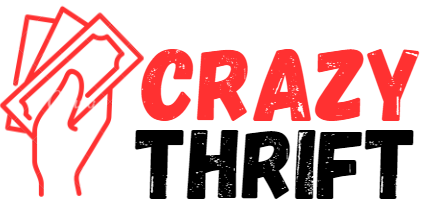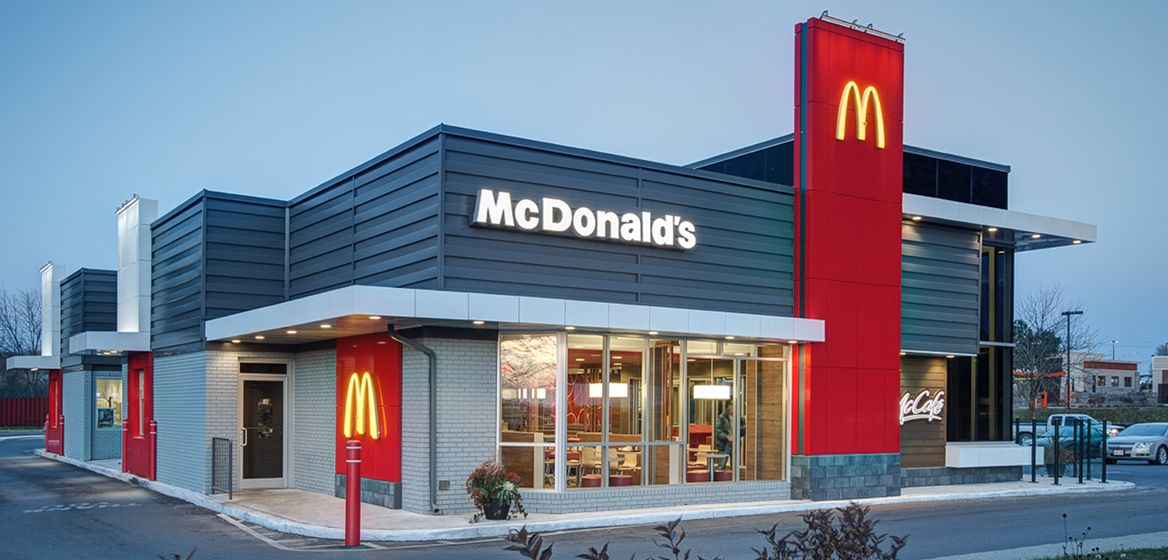Promotions That Work A Step-by-Step Approach for Small Businesses. Promotions are the lifeblood of any small business.
They drive traffic, boost sales, and enhance brand visibility. However, executing an effective promotion can be a daunting task for many small business owners.
This article provides a comprehensive, step-by-step guide to crafting promotions that not only attract customers but also convert them into loyal patrons. So, let’s dive in and unlock the secrets to successful small business promotions!
Understanding Your Audience
Before you can create an effective promotion, you need to know who you’re promoting to. Identifying your target audience is crucial.
Are they young professionals, families, or retirees? Understanding their needs, preferences, and behaviors can help tailor your promotions to resonate with them.
Market Research Techniques
Market research is the backbone of understanding your audience. Utilize surveys, focus groups, and social media analytics to gather insights about your potential customers. Tools like Google Analytics can also provide valuable data on your website visitors, helping you better understand their demographics and interests.
Setting Clear Goals
A promotion without a goal is like a ship without a compass. Clearly defined objectives will guide your promotional efforts and provide a benchmark for success.
Importance of Defining Objectives
Whether it’s increasing foot traffic, boosting online sales, or raising brand awareness, having a clear goal helps in measuring the effectiveness of your promotion. It also aids in keeping your team focused and aligned with the business’s overall strategy.
Examples of Promotion Goals
- Increase monthly sales by 20%
- Attract 50 new customers within a quarter
- Grow social media following by 1,000 within a month
Choosing the Right Promotion Type
There are various types of promotions, each with its own set of benefits. Choosing the right one depends on your business goals and target audience.
Discounts and Coupons
Offering discounts or coupons is a tried-and-true method to attract price-sensitive customers. This type of promotion can create urgency and encourage quick purchases.
Loyalty Programs
Rewarding repeat customers with a loyalty program can increase customer retention and encourage repeat business. This could include points for purchases, exclusive discounts, or members-only sales.
Contests and Giveaways
Contests and giveaways are excellent for engaging your audience and increasing brand awareness. They can be conducted on social media to maximize reach and attract new followers.
Social Media Campaigns
Social media platforms like Facebook, Instagram, and Twitter are perfect for running promotions. You can target specific demographics and track engagement in real-time.
Email Marketing
Email promotions are highly effective for reaching existing customers. Personalized emails with special offers or discounts can drive significant traffic to your website or store.
Creating a Budget
Promotions can be costly if not managed properly. Allocating a budget helps in planning and ensures you don’t overspend.
Allocating Funds Wisely
Determine how much you can afford to spend on your promotion and stick to it. Consider costs such as advertising, design, and any discounts or freebies you plan to offer.
Cost-Effective Promotion Strategies
For those on a tight budget, social media and email marketing are cost-effective ways to reach a large audience. Partnering with local businesses for joint promotions can also help share costs.
Designing Compelling Offers
An attractive offer is key to a successful promotion. It should be enticing enough to grab attention but realistic enough to fulfill.
Crafting Attractive Promotions
Use clear, compelling language and eye-catching visuals to make your offer stand out. Highlight the benefits and create a sense of urgency with phrases like “limited time offer” or “while supplies last.”
Utilizing Limited-Time Offers
Limited-time offers create a sense of urgency that can drive immediate action. They encourage customers to buy now rather than wait, which can significantly boost sales in a short period.
Leveraging Digital Channels
In today’s digital age, having an online presence is essential for any small business. Digital channels provide a platform to reach a wider audience at a lower cost.
Importance of an Online Presence
Your website and social media profiles are often the first points of contact for potential customers. Make sure they are up-to-date and reflect your brand accurately.
Effective Use of Social Media
Social media platforms offer targeted advertising options that can help reach your desired audience. Engaging content, such as videos and infographics, can also increase the visibility of your promotion.
Email Campaign Strategies
Segment your email list to send tailored promotions to different customer groups. Personalization increases the likelihood of engagement and conversions.
Traditional Promotion Methods
While digital channels are crucial, traditional methods still hold value, especially for local businesses.
Print Advertising
Flyers, posters, and local newspaper ads can effectively reach a local audience. They can be particularly useful for promoting events or special sales.
Local Events and Sponsorships
Participating in or sponsoring local events can increase your brand’s visibility and foster community goodwill. It also provides an opportunity to directly interact with potential customers.
Networking and Word-of-Mouth
Networking with other local businesses can lead to collaborative promotions that benefit all parties involved. Word-of-mouth remains a powerful marketing tool, especially in tight-knit communities.
Measuring Success
To understand the impact of your promotion, you need to measure its success against the goals you set.
Key Performance Indicators (KPIs)
KPIs such as sales increase, website traffic, and social media engagement can provide insights into your promotion’s performance. Tracking these metrics helps in assessing what worked and what didn’t.
Tools for Tracking Promotion Effectiveness
Use tools like Google Analytics for web traffic analysis, and social media analytics tools to monitor engagement. Customer feedback surveys can also provide valuable insights.
Adjusting Strategies Based on Feedback
Feedback is essential for continuous improvement. It provides insights into customer satisfaction and highlights areas for enhancement.
Importance of Customer Feedback
Encourage customers to provide feedback on your promotions. This can be done through surveys, social media comments, or direct emails.
Making Data-Driven Decisions
Use the data collected from feedback and performance metrics to refine your promotion strategies. Adjust offers, target different audiences, or explore new channels based on what you learn.
Building Long-Term Relationships
Promotions aren’t just about quick wins; they can help in building long-term relationships with customers.
Importance of Customer Loyalty
Loyal customers are more likely to make repeat purchases and recommend your business to others. Building a loyal customer base should be a key focus of your promotional efforts.
Strategies to Retain Customers
Offer exclusive deals to repeat customers, maintain excellent customer service, and keep them engaged with regular updates and offers.
Case Studies: Successful Small Business Promotions
Learning from others can provide inspiration and insights for your own promotions.
Example 1: Local Café
A local café increased its foot traffic by offering a “Buy One Get One Free” coffee deal during slow hours. They promoted it through social media and email, attracting both new and existing customers.
Example 2: Boutique Clothing Store
A boutique clothing store successfully ran a social media contest where participants had to share a post and tag friends for a chance to win a gift card. This not only boosted their social media following but also brought new customers to their store. Read About: Fashion Icons Influential Styles that Shaped the Industry



